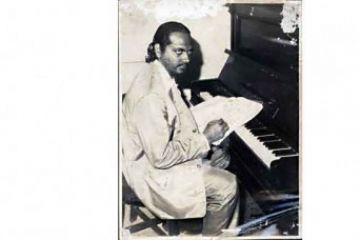
Rajkumar Hirani’s PK is a Hindi film that
has attracted viewers all over the country in large numbers. It has also drawn
the ire of the Bharatiya Janata Party as well as satellites like the Vishwa
Hindu Parishad, Bajrang Dal, Rashtriya Swayamsevak Sangh, and others. The
reason behind the Hindu Right’s hostility is that it makes fun, often
outrageously, of powerful, wealthy godmen who have for long held Hindu religion,
with its very many strands, to ransom. It is an open secret





